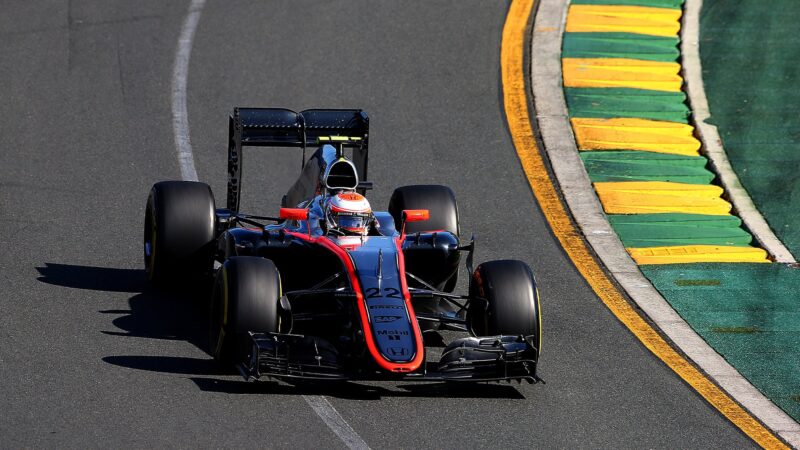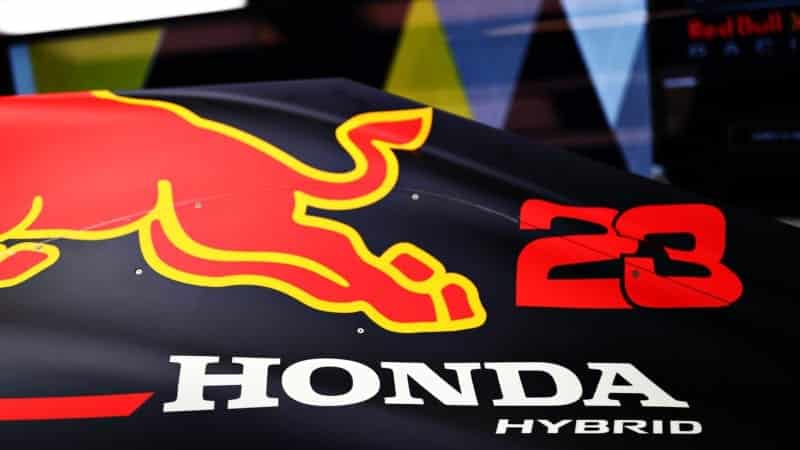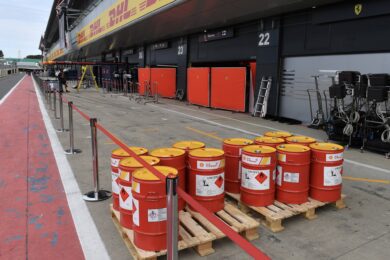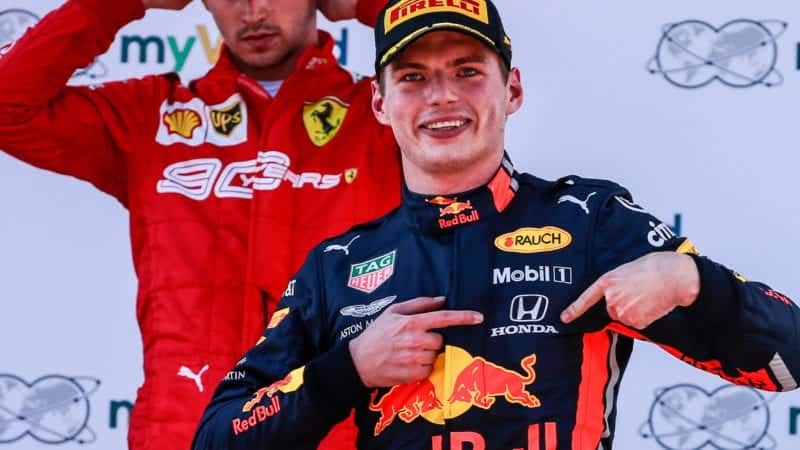Red Bull’s team principal, Christian Horner confirmed the team would remain F1; it recently committed to the new commercial rights Concorde Agreement, which runs until 2025.
“Our joint focus for the remainder of the 2020 and 2021 seasons are unchanged, to fight for victories and challenge for the championship,” said Horner.”Red Bull Racing remains committed to the sport in the long term and we look forward to embarking on a new era of innovation, development and success. As a group, we will now take the time afforded to us to further evaluate and find the most competitive power unit solution for 2022 and beyond.”
Honda announced its decision to leave the series in a statement released on Friday morning, “Honda has decided to conclude its participation in the Formula 1 World Championship as a power unit supplier at the end of the 2021 season,” it said.
“As the automobile industry undergoes a once-in-one-hundred-years period of great transformation, Honda has decided to strive for the ‘realisation of carbon neutrality by 2050’. This goal will be pursued as part of Honda’s environmental initiatives which is one of the top priorities of Honda as a mobility manufacturer.

Honda returned to F1 in 2015 with a slow – and unreliable – start
Getty Images
“Honda needs to funnel its corporate resources in research and development into the areas of future power unit and energy technologies, including fuel cell vehicle (FCV) and battery EV (BEV) technologies, which will be the core of carbon-free technologies.
“Honda will allocate its energy management and fuel technologies as well as knowledge amassed through F1 activities to this area of power unit and energy technologies and take initiatives while focusing on the future realization of carbon neutrality. Toward this end, Honda made the decision to conclude its participation in F1.”
The company said that “motor sports activities are in Honda’s DNA”, indicating that it was likely to enter new series where it could showcase its battery and fuel cell technology.





